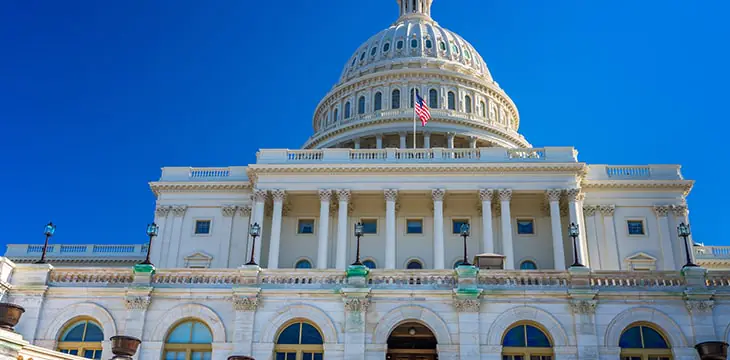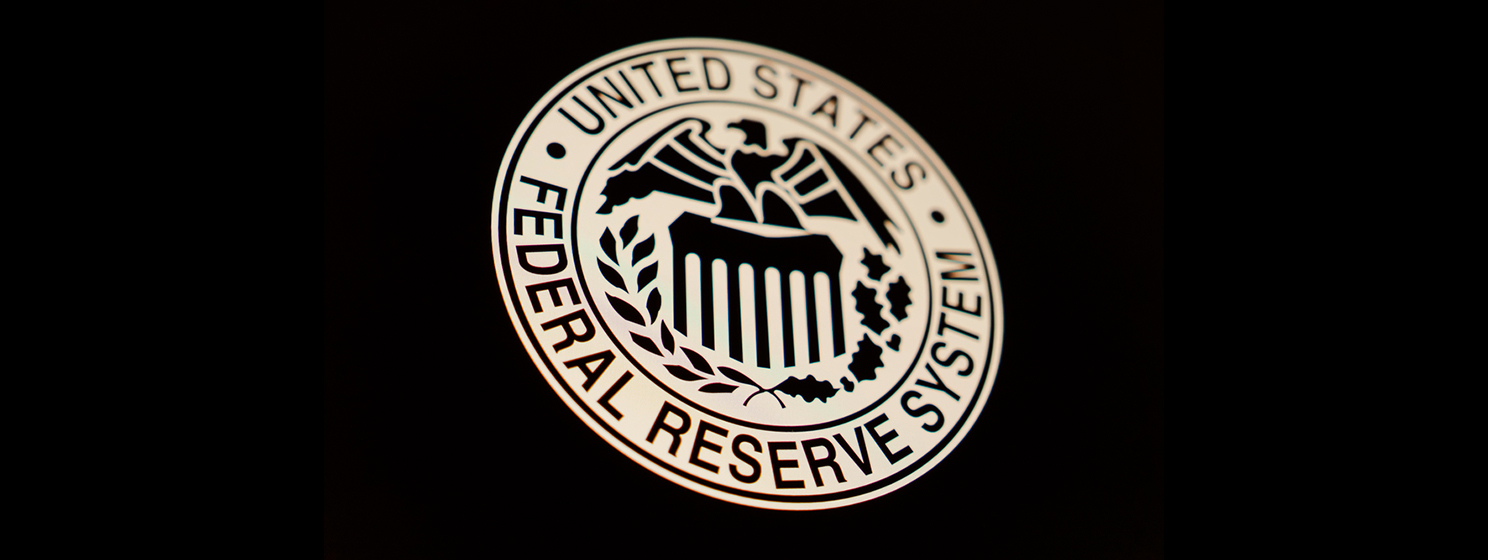
|
Getting your Trinity Audio player ready...
|
Recently, 26 computer scientists, software engineers, and technologists wrote a letter to the U.S. Congress and congressional committees urging them to “take a critical, skeptical approach toward industry claims that crypto-assets are an innovative technology that is unreservedly good.”
The letter, published on June 1, comes at a time when the sentiment around the digital asset is low, and lobbying efforts against proof-of-work (PoW) digital currency mining are at an all-time high.
“The lobbying efforts on behalf of various interests do seem to be growing, on one side you have those advocating a more open atmosphere and pushing for further understanding of these emerging technologies and on the other side, you have a mix of efforts that either promote or condemn a specific consensus mechanism, chain or crypto-related organization,” said Bryan Daugherty the Public Policy Director for BSV Blockchain.
“These focused efforts range from environmental and energy consumption impact of mining operations to consumer protection concerns due to the use of blockchain technology to create unregulated securities, Ponzi schemes, and other get rich quick rackets. These lobbyist efforts are commissioned by a variety of sources, including well-intentioned scientists, competing blockchains with alternative but less secure consensus models, consumer financial protection agencies, and environmentalists,” he added.
In their letter, the group makes several arguments against blockchain technologies and digital assets and urges congressional committees to “protect investors and the global financial marketplace from the severe risks posed by crypto-assets.”
The main arguments they make against blockchain technologies are that digital asset transactions can’t be reversed, that public ledgers make it challenging to preserve financial privacy, that digital assets threaten financial stability because they are volatile, that PoW mining is energy-intensive, and that “blockchain technologies facilitate few, if any, real-economy uses.”
Although a case can be made for each of these claims, the arguments are generalized and ignore the fact that not all blockchains are equal. While the group’s statements apply to many of the networks with no real-world utility or business application where the primary use case of the networks coin or token is speculation, there are other blockchain protocols, like Bitcoin SV (BSV), that strive to solve a number of the issues that the group is concerned about.
BSV relies on the law to reverse illegal transactions, has security solutions that can obfuscate sensitive data on the public ledger, has stablecoin solutions to curb volatility, has unlimited block sizes, which make it more energy efficient, and has companies building and shipping real-world solutions which nullify the narratives surrounding real-economy uses.
Unfortunately, a majority of the blockchain networks that the media chooses to highlight do not have these same features. For that reason, there is an education gap when it comes to how blockchain technologies can be applied in the world.
“I believe the letter from the group is extremely unbalanced and demonstrates just how unaware most industry experts are on the current state of utility and scalability of blockchain—specifically proof-of-work as demonstrated by the BSV Blockchain,” said Daugherty.
“The BSV blockchain, is a scalable and sustainable implementation of a Proof of Work system, that actually decreases in the carbon footprint with more usage and provides more utility than the energy it consumes,” he remarked.
But what does Congress think?
The United States government has the blockchain and digital asset industries under its microscope. Congress and its many committees hold hearings on blockchain and digital assets to better understand what they are, the potential they have to revolutionize industries, and the impact they have on their respective sectors. U.S. Securities and Exchange Commission Chairman Gary Gensler and the Biden Administration have alluded to blockchain and digital asset regulation and enforcement being on the horizon.
Many blockchain enthusiasts and spectators agree that the industry needs clear regulatory guidance and for the illicit actors to start complying with existing laws or be removed from the industry. However, not many people have the same sentiment around the blockchain and digital asset industry as the group of scientists that wrote to Congress.
“Although there is certainly growing rhetoric around both banning Proof-of-Work consensus mechanisms as well as creating regulatory frameworks around cryptocurrencies, there has also been a strong number of policymakers and scientists that have taken the time to understand that there are enormous benefits to being on the forefront of technological advances when it comes to National Critical Infrastructure, Data Protection, Cyber Assurance, and financial agility,” said Daugherty, who often finds himself talking with policymakers.
“Blockchain was created to improve lives through transparency, financial inclusion, and greater equity,” he added.
It’s been several years since the United States government created a law that significantly impacted the blockchain and digital asset industry. It’s doubtful that the U.S. government will take a draconian stance on these industries. Still, it is expected that they release more regulatory guidance and frameworks as well as require more of the companies operating within them to report to the government agencies that have oversight over their business activities. There are no hard dates on when we will see this activity take place, but they are expected to arrive soon to protect investors and consumers in the United States.
When these frameworks and guidances are released, we will begin to see which lobbying groups are breaking through to policymakers. Until then, you can expect the amount of lobbying in the blockchain and digital asset industry to increase as it continues to attract investment dollars and consumer interest.
Watch the BSV Global Blockchain Convention Dubai 2022 Day 1 here:
https://www.youtube.com/watch?v=ggbZ8YedpBE
Watch the BSV Global Blockchain Convention Dubai 2022 Day 2 here:
https://www.youtube.com/watch?v=RzJsCRb6zt8
Watch the BSV Global Blockchain Convention Dubai 2022 Day 3 here:
https://www.youtube.com/watch?v=RzSCrXf1Ywc
Recommended for you
Lorem ipsum odor amet, consectetuer adipiscing elit. Elit torquent maximus natoque viverra cursus maximus felis. Auctor commodo aliquet himenaeos fermentum
Lorem ipsum odor amet, consectetuer adipiscing elit. Accumsan mi at at semper libero pretium justo. Dictum parturient conubia turpis interdum

 11-10-2024
11-10-2024 


